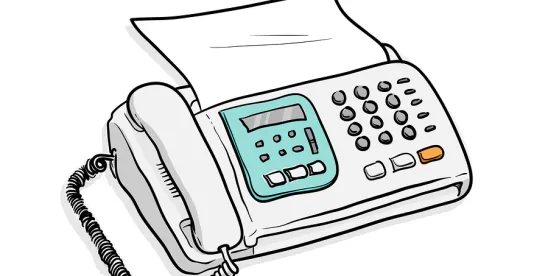For the third time this year, the District of Connecticut has rejected the same plaintiff’s bid for class certification of claims arising out of the alleged sending of unsolicited faxes in violation of the TCPA, as amended by the Junk Fax Prevention Act of 2005. See Gorss Motels, Inc. v. Otis Elevator Co., CIVIL NO. 3:16-CV-1781, 2019 U.S. Dist. LEXIS 58515 (D. Conn. April 4, 2019); see also Gorss Motels, Inc. v. AT&T Mobility LLC, CIVIL NO. 3:17cv403, 2019 U.S. Dist. LEXIS 24726 (D. Conn. Feb. 14, 2019); Gorss Motels, Inc. v. The Eric Ryan Corp. et al, 3:17-cv-00126-DJS (D. Conn. Mar. 28, 2019). The court reasoned that the issue of consent could not be determined on a class-wide basis; thus, the predominance element for class certification was not met.
The April 4 decision stemmed from a suit by a former corporate owner of a Super 8 Motel, which was a franchisee of Wyndham, alleging that Otis Elevator violated the TCPA through an August 13, 2015 fax blast sent to thousands of Wyndham franchisees. Defendant argued that the predominant question of fact was not subject to class-wide determination—namely, whether each member of the class consented to receiving the fax. Defendant had identified many putative class members with whom it had a pre-existing relationship, and the nature of such relationships would be directly probative to the issue of consent. Given the individualized inquiry that the court would need to undertake as to each of those relationships, Judge Dooley joined with her colleagues in the other Gorss Motels decisions to hold that the putative class was unsuitable for certification.
As the fax at issue did not contain an opt-out notice, Plaintiff sought to take the issue of consent off the table altogether by arguing that under the FCC’s 2006 “Solicited Fax Rule,” even faxes sent with the consent of the recipient must contain the same opt-out notice required for unsolicited faxes. That reliance on the Solicited Fax Rule, however, is misplaced in light of the decision in Bais Yaakov of Spring Valley v. FCC, 852 F.3d 1078 (D.C. Cir. 2017) which held that the FCC did not have the authority to promulgate the Solicited Fax Rule and that the rule was unlawful to the extent that it required any opt-out notices on solicited faxes. Courts in multiple jurisdictions have now adopted the reasoning of Bais Yaakov as did the Connecticut district court in these cases brought by Gorss Motels. Indeed, Judge Dooley discussed the binding effect of Bais Yaakov in light of a recent Second Circuit decision which held that under the Hobbs Act, courts of appeals have exclusive jurisdiction to determine the validity of FCC Orders and that when agency regulations are challenged in more than one court of appeals, Section 2112 requires that the MDL panel consolidate the petitions and assign them to one circuit. King v. Time Warner Cable, Inc., 894 F.3d 473, 476 n.3 (2d Cir. 2018). Bais Yaakov came to be decided by the D.C. Circuit pursuant to that mechanism, hence its precedential value in the Second Circuit.
The plaintiff has moved for leave to appeal the decision in AT&T Mobility LLC to the Second Circuit, see Case No. 19-514, and we can expect appeals in the other two cases. We will monitor any future developments in these cases.




 />i
/>i
